We recently connected with Jacob Watson and have shared our conversation below.
Hi Jacob, thanks for joining us today. What’s been the most meaningful project you’ve worked on?
I feel fortunate that most of my creative work these days feels meaningful. That has been the result of a lot of reflection and curation around the types of projects that feel worth taking on.
I’m currently about to start performances for a new pop-punk musical called Sofa King Queer with the group Nothing Without a Company, here in Chicago. This will be my first time acting in five years and I had no idea until we started rehearsing how much I had missed actually being onstage!
While I got into theatre originally as an actor, my career has since drifted more toward directing, design, teaching, and other expressions of that craft. SKQ is particularly meaningful to me because it’s about a group of queer friends navigating the music scene (and their own identities) in Chicago in 2008. That’s a reality I actually lived through, and which I think marks an important in-between time for gay rights in our country’s history. The score is also influenced by the music of that era — Green Day, Blink 182, Good Charlotte, Alanis Morissette — artists whose songs were the backdrop to my own coming-of-age in the early 2000s.
I’ve always loved new work and I have an extensive background in musical theatre as well. So, this project has been an exciting culmination of the various types of theatrical work I’ve done over the years: everything from devised and original work to community-based storytelling.
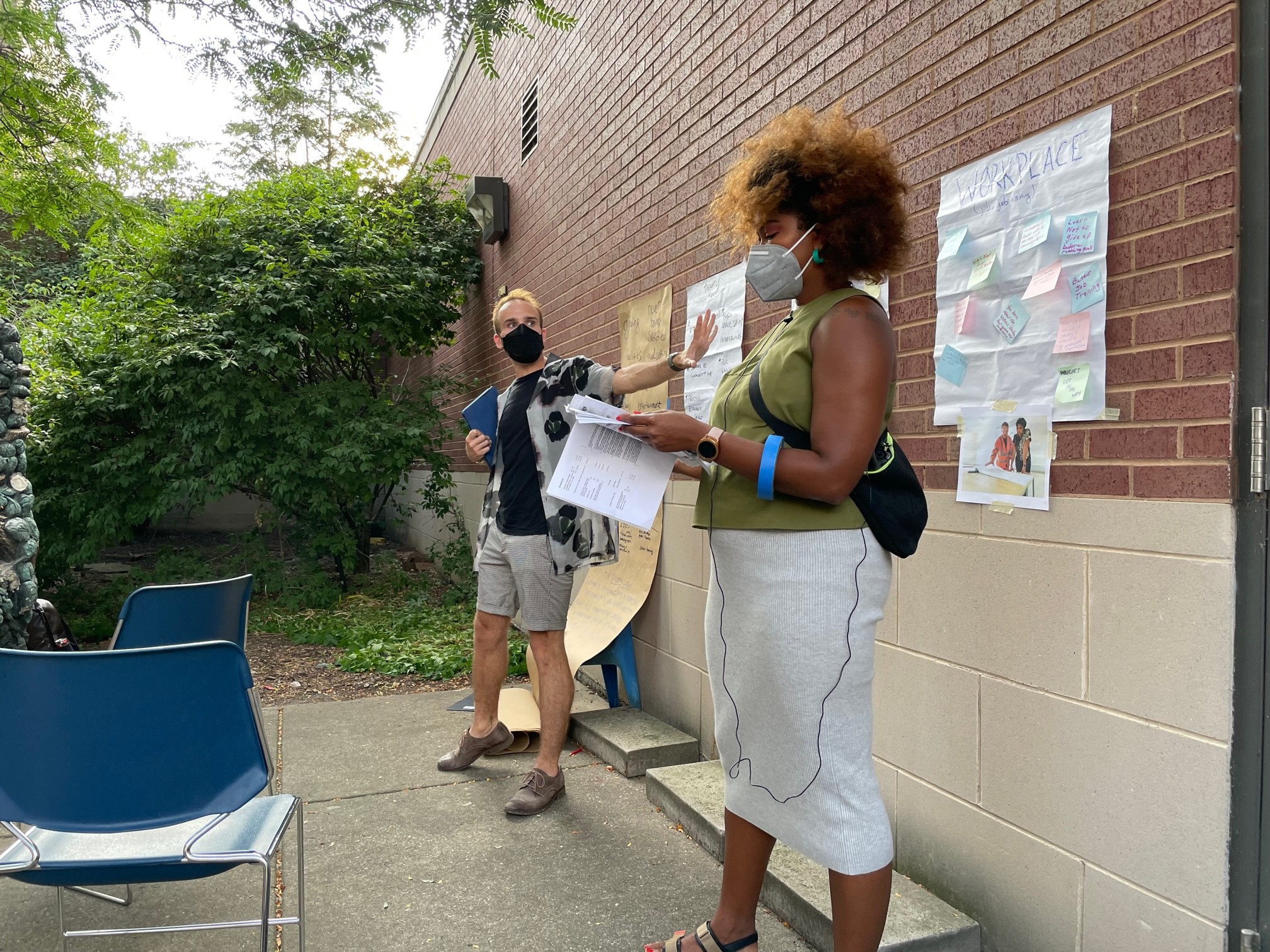
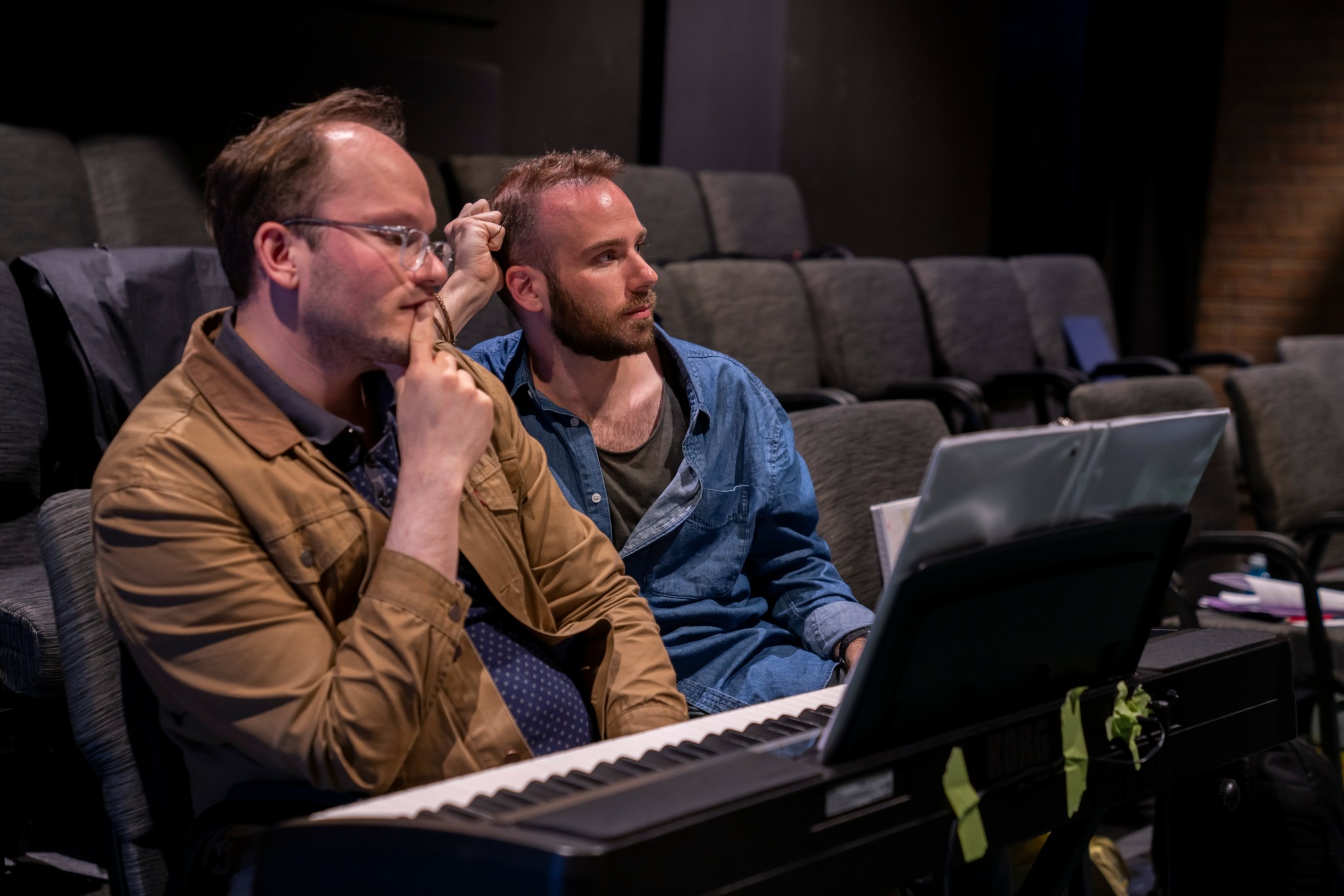
Awesome – so before we get into the rest of our questions, can you briefly introduce yourself to our readers.
I typically identify myself as a socially-engaged artist, researcher, and educator. I try to keep it to three labels, as that tends to be what most people can remember, but those words have changed a ton of over time. Sometimes I include facilitator, actor, designer, singer, performer, writer, coach, social science researcher, sex educator, program manager, and more! The two constants in my work are learning and community. Everything I do creatively is connected in some way to a broader idea of transforming or re-shaping the world: either on the individual or collective level.
This can look like everything from leading an organization through a strategic planning process in a conference room to staging a play on a wooden dock in the middle of a lake with the audience floating on pool noodles (yes, this really happened!). My interest ultimately is in people and how they think and act, which is the foundation of theatre and also of learning. I sometimes say that acting is just applied psychology and directing is applied sociology: meaning, there is an art and a science to each of these fields of study.
My undergraduate degree is in theatre and my graduate work is in eduction, so I really started with the art and then added in the science. I think this gives me a unique perspective because it means that I understand things intuitively first and then look at them through a more analytic lens second. This is a distinguishing factor of my creative consultancy, The Practice, which differs from other entities in the way that we are all artists who use creative strategies to get underneath and inside of sticky organizational problems.
I started my career as a teaching artist, leading drama workshops in public schools across Chicago. This work taught me a lot about remaining flexible, showing up authentically, and creating change within systems. Since then I’ve shifted to work more in large-scale capacity building and systems change, as well as continuing my own creative work as a theatre artist and – more recently – dipping into some visual art practices like watercolor painting. For me, the key is to never let myself get bored. Because if I am bored the audience is probably bored as well. And if there’s one thing I learned from all those middle school classrooms I taught in, it’s that boredom is fatal to creativity.
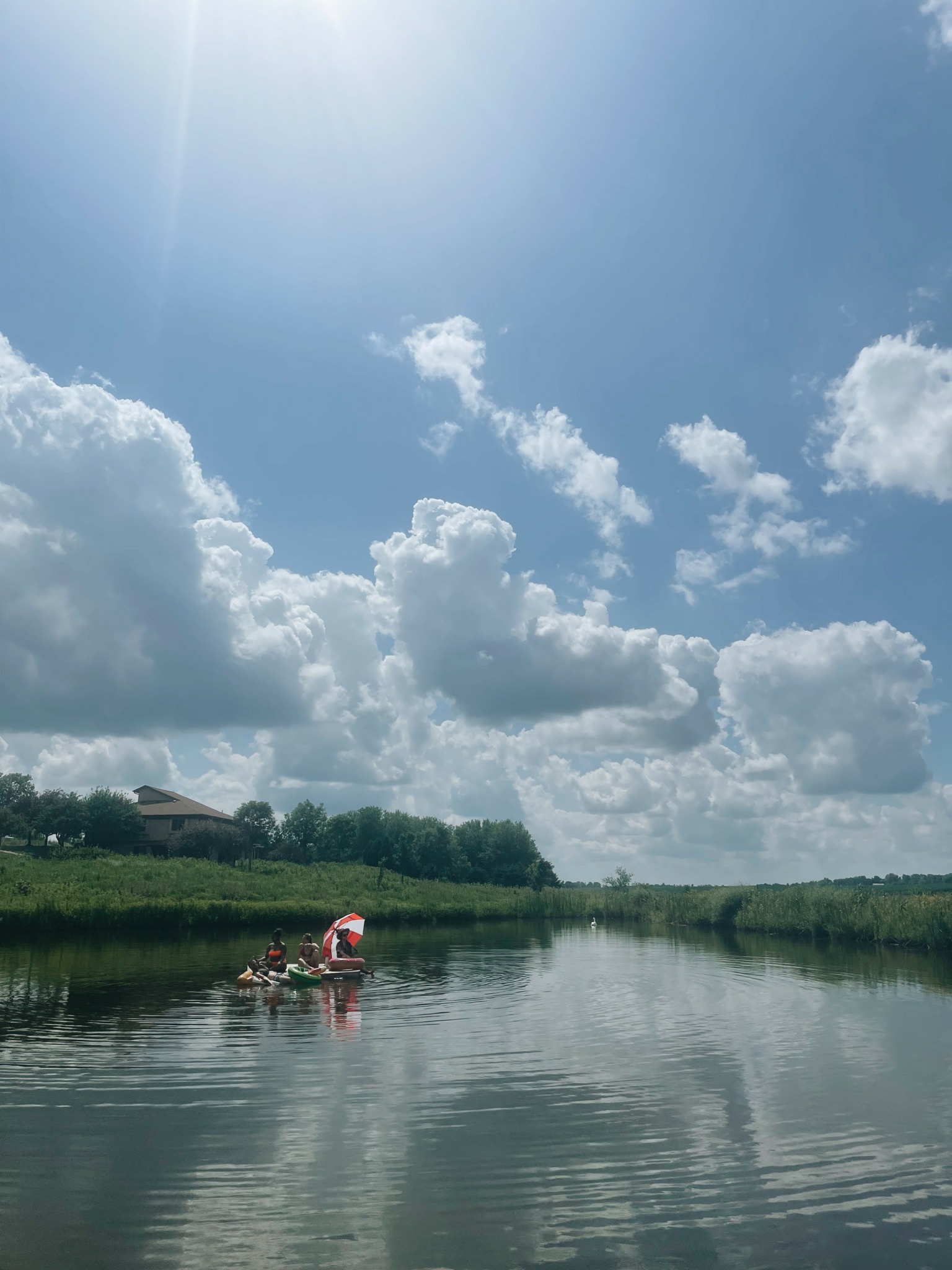
What’s a lesson you had to unlearn and what’s the backstory?
When I first started teaching I learned I had to be super prepared – and that’s definitely true. Any time I’m standing in front of a room full of people (of any age) I want to know why I’m there, what I’m meant to be accomplishing, and have a solid idea of what tools we’re going to use to get there. And I was taught a certain level of rigidity when it came to lesson planning and facilitation. This was an essential foundation because it required me to be precise in every detail and decision I made about how the day was going to unfold.
But it also ended up being something I needed to unlearn because – when taken too far – preparedness leaves no room for the contributions of others. I began realizing that without making space for the voice and perspective of the learners or participants, there would be far less relevance and enjoyment in the experience. The writer and activist adrienne maree brown has a quotable line about this: “less prep, more presence,” she says – which I take to mean not that we should eschew all planning, but rather that preparation will only get you so far. Ultimately it is your presence in the room that will make or break the experience.
Maybe that’s why participation is such a huge theme in my facilitation and research practice. I’ve written several essays and a whole section of my book – The Sex Ed Playbook – is devoted to the theory of participation and why it’s essential for learning. In the future I’d love to expand the frame on that, as participation is such a juicy topic when thinking about communities, social systems, and democracy at large.
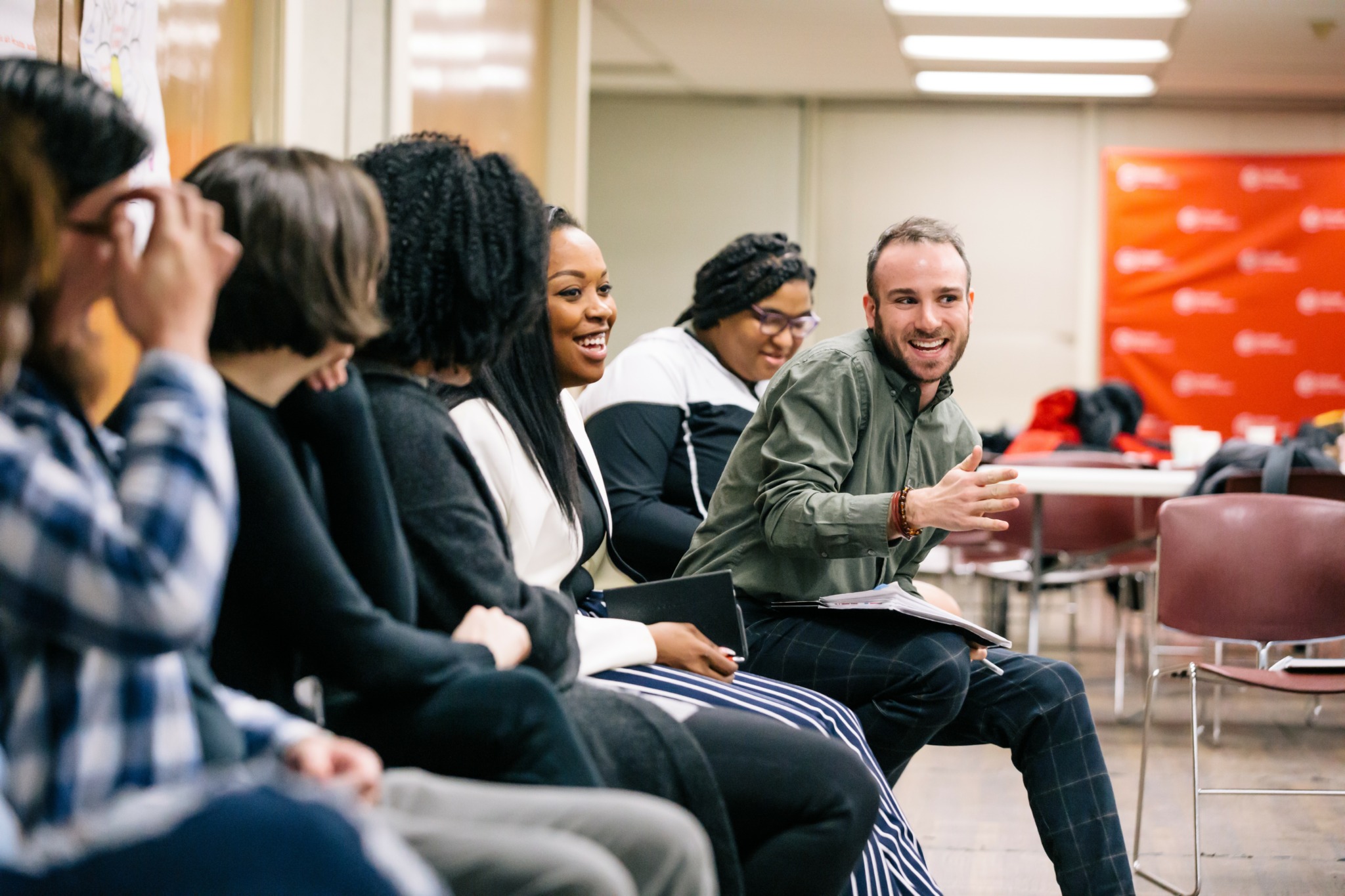
Have any books or other resources had a big impact on you?
So many!! I’m a huge creativity theory nerd and I love reading different philosophies on that topic. Art and Fear by David Bayles and Ted Orland is, in my opinion, an incredibly underrated book that all artists should read. Same with Twyla Tharp’s The Creative Habit. Both books are really about this idea that talent may or may not exist but discipline absolutely does, and better yet – it’s in your control, which talent may not be!
Big Magic by Elizabeth Gilbert is another super useful text on the creative process, and Keith Sawyer’s more formal research on the topic has been helpful to me in my own thinking/practice. One of my secret weapons as a facilitator is a tiny book by Patricia Ryan Madson, former Stanford faculty, called Improv Wisdom, which looks at how the core principles of improvisational theatre support deep thinking and learning.
I’m also a big fan of Cal Newport’s writing on digital minimalism and productivity, as well as David Allen’s “getting things done” (GTD) approach to task management. I could go on! More recently, I’ve really enjoyed Oliver Burkeman’s writing on happiness and productivity (notably, 4,000 Weeks: Time Management for Mortals).
The last one I’ll name is Nina Simon’s work on participation (The Participatory Museum and The Art of Relevance). Her writing really opened up my perspective on how to create inclusive spaces and also just how to write about my own work frankly and with humor and personality.
Contact Info:
- Website: https://www.jacobcwatson.com
- Instagram: @jacobcwatson
- Linkedin: https://www.linkedin.com/in/jacob-watson-66929837/
- Twitter: @jacobcwatson
- Other: https://www.engageinpractice.com
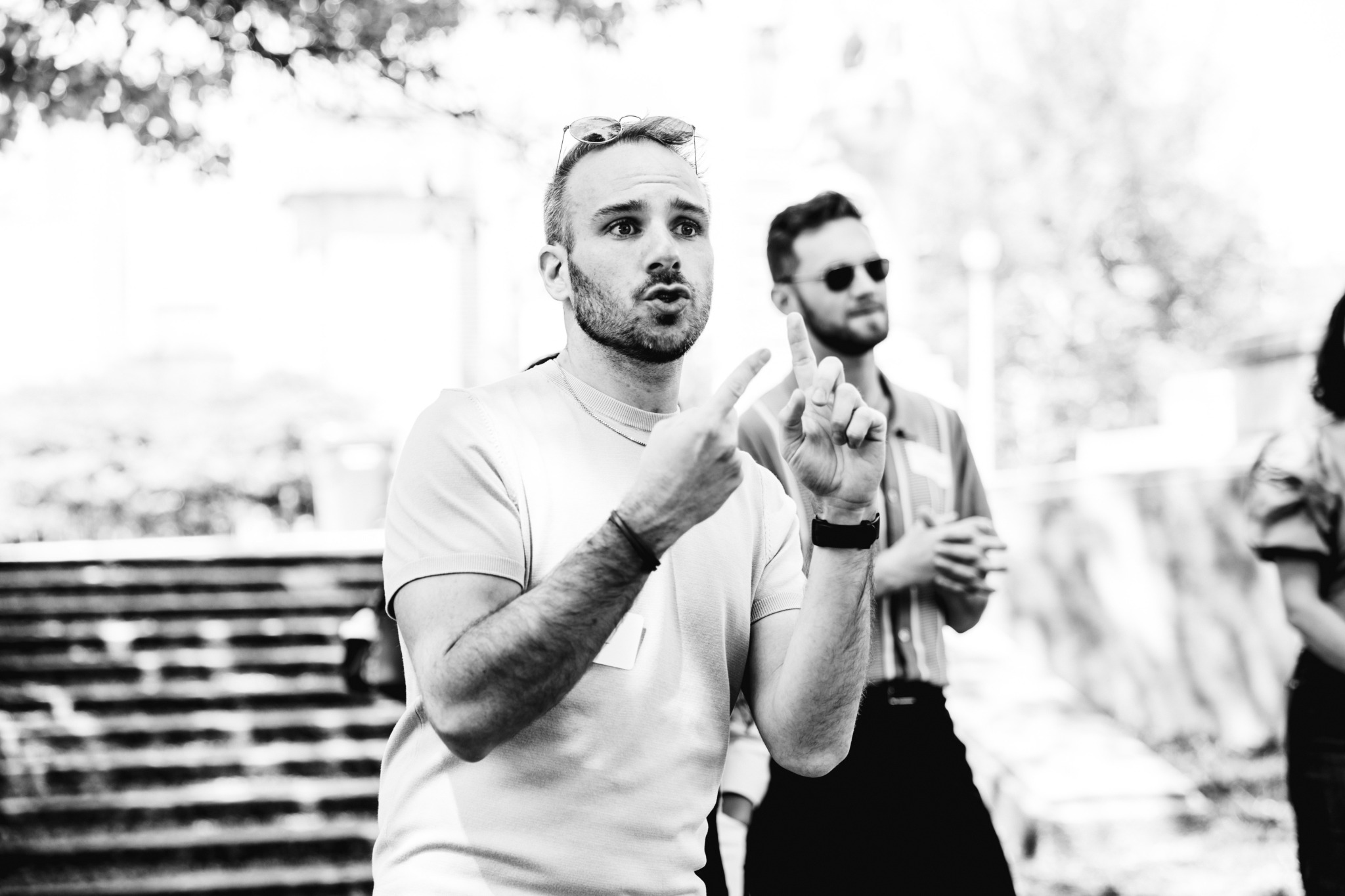
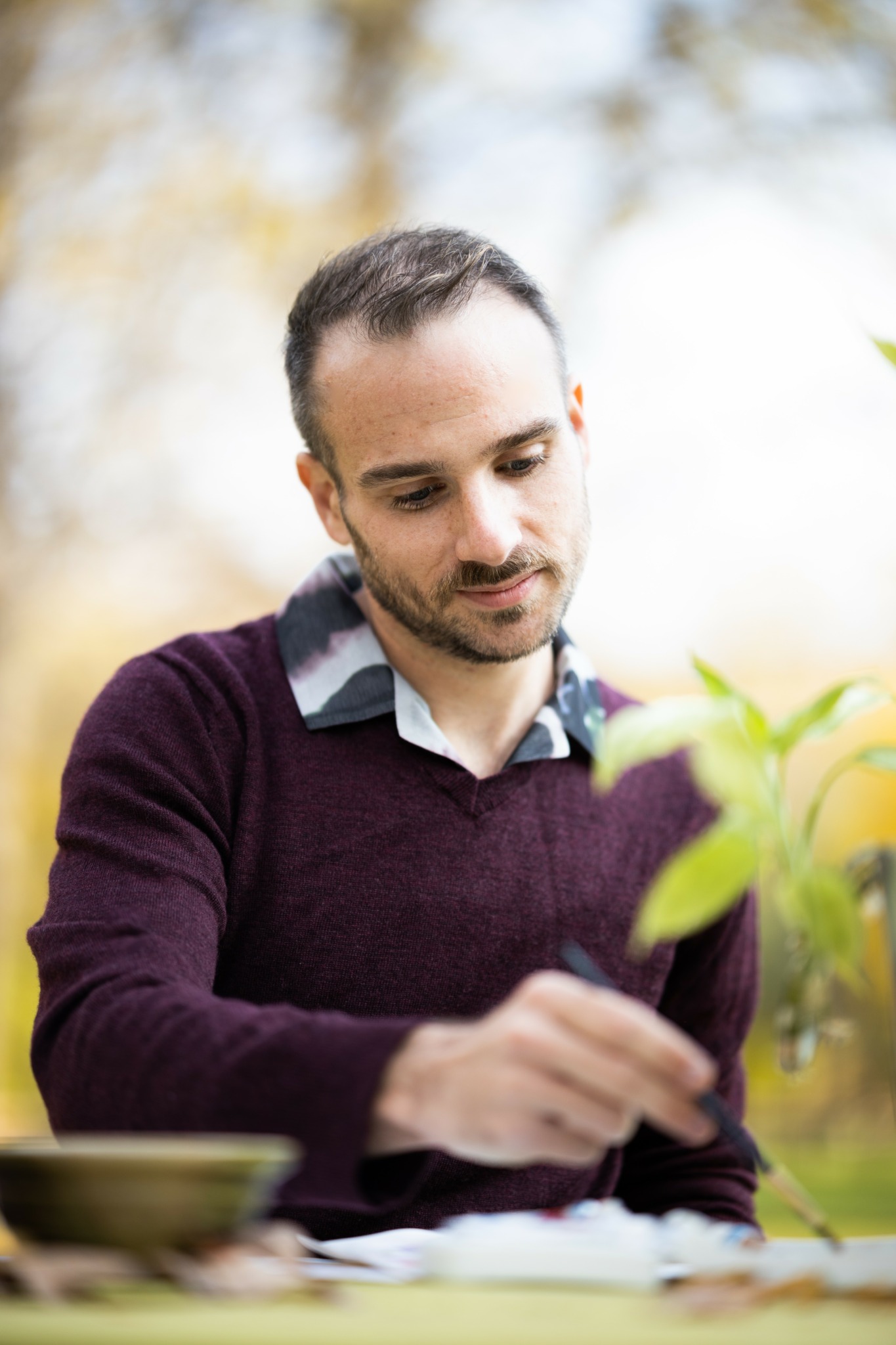
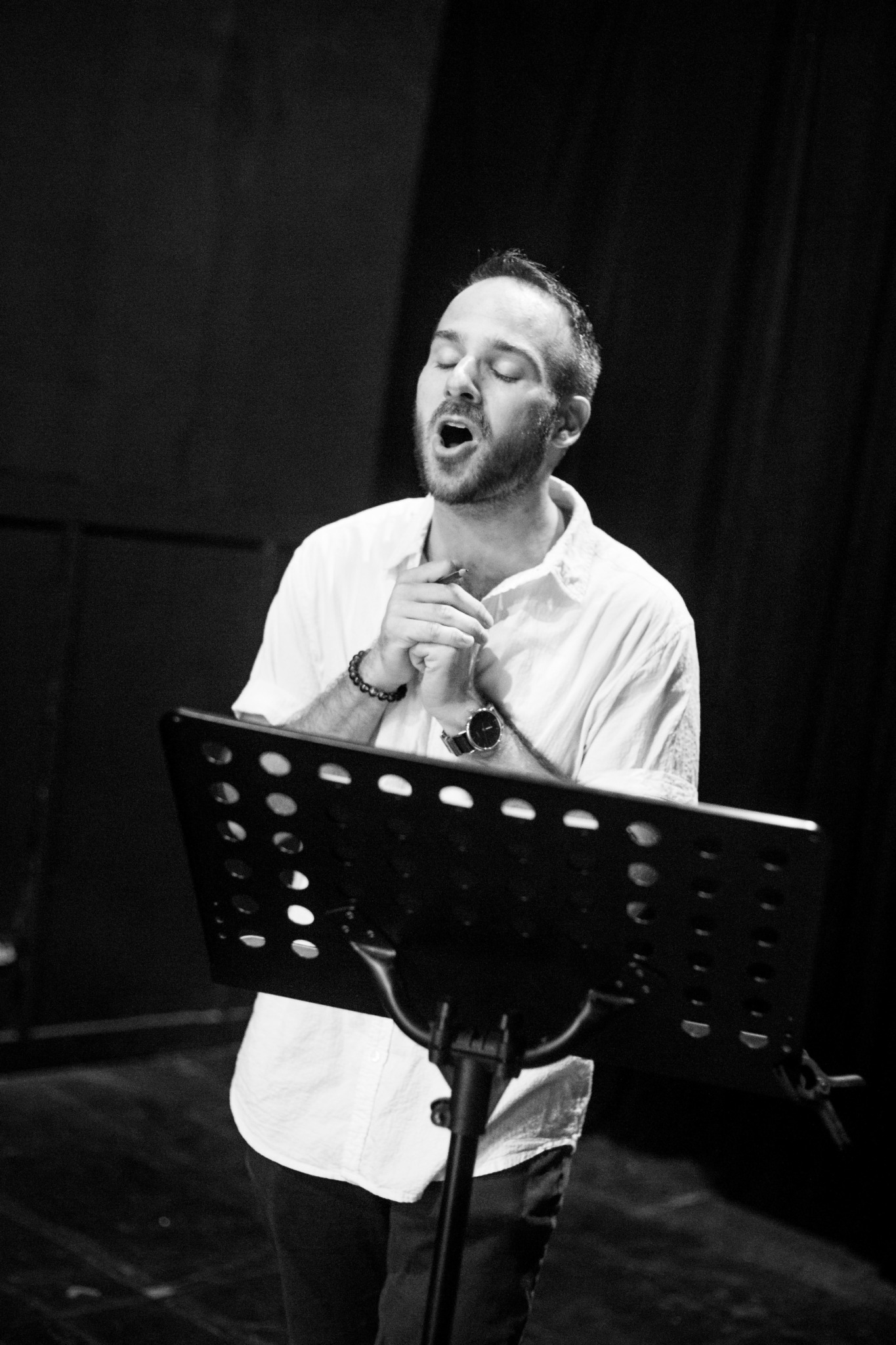
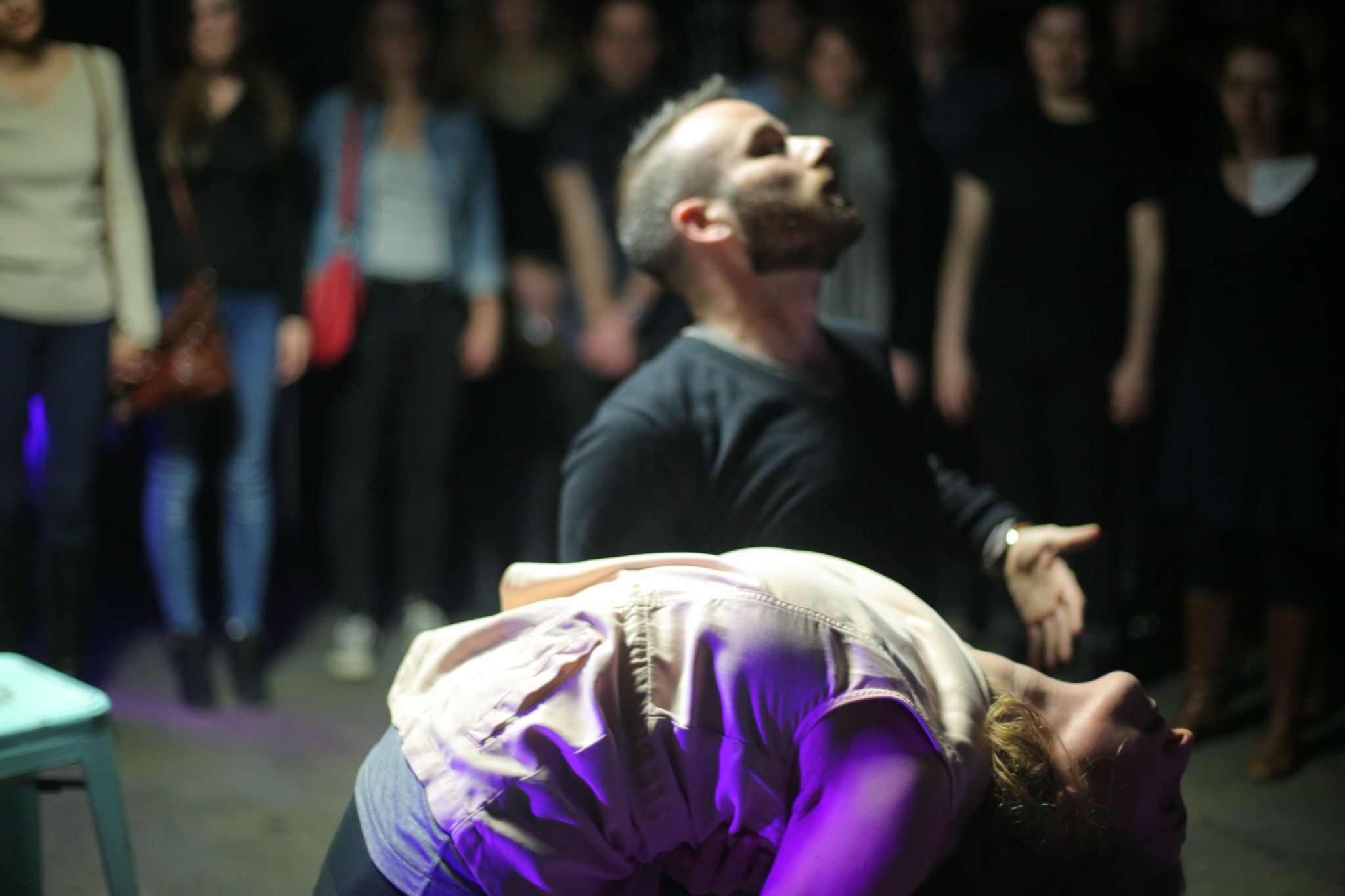
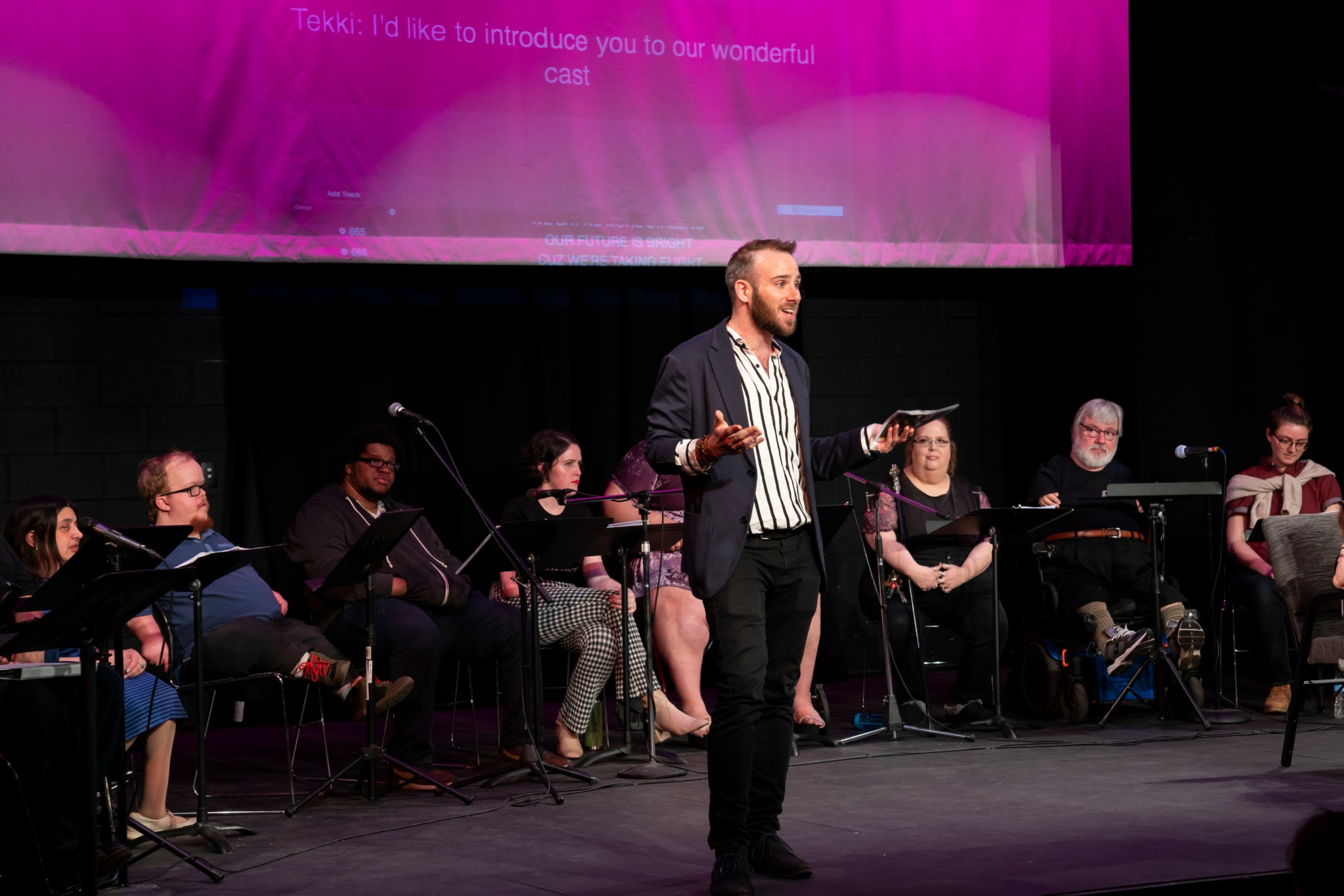
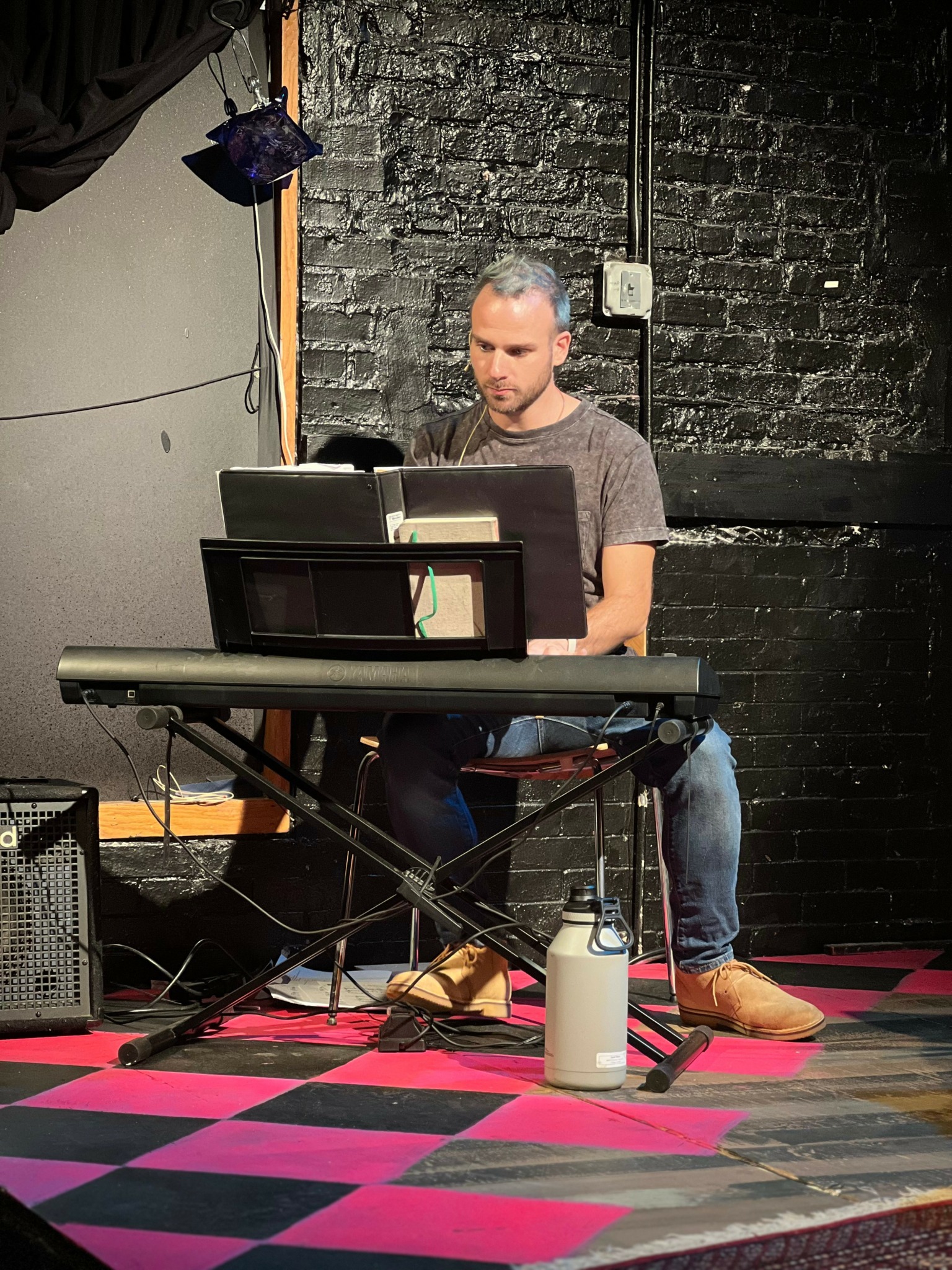
Image Credits
Melissa Fox
Jill Tiangco
Kyle Flubacker
Lucas Anti
Colectivo Multipolar
Anna Rose Ii-Epstein


